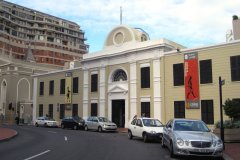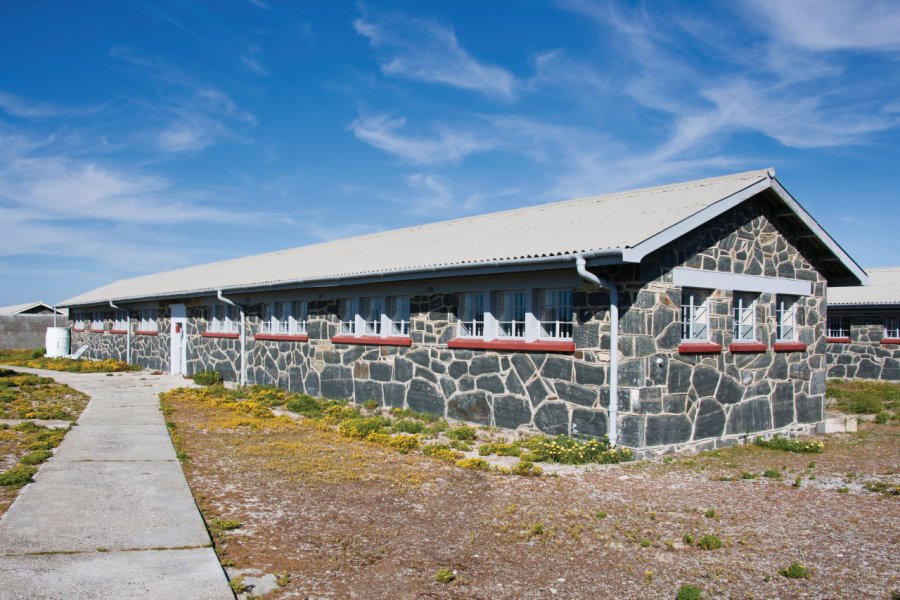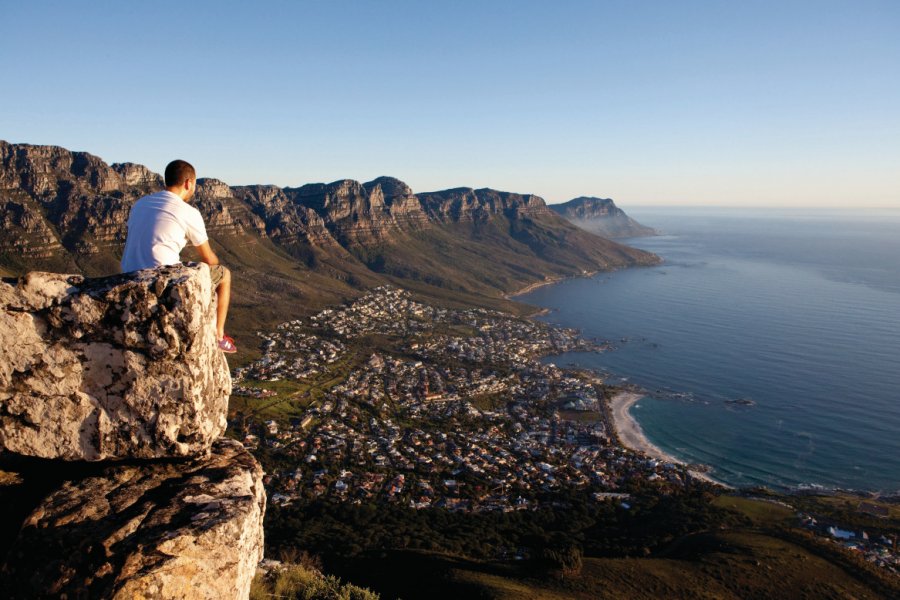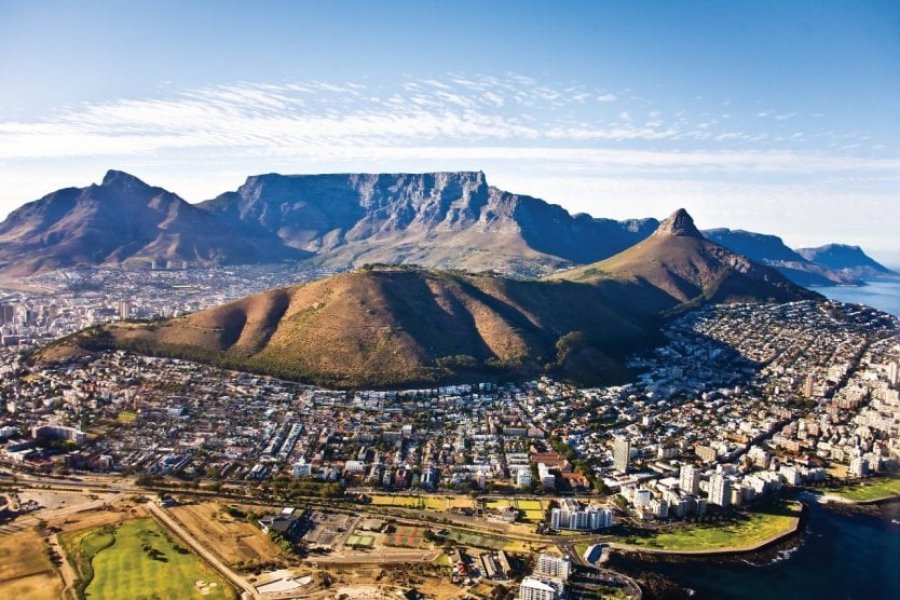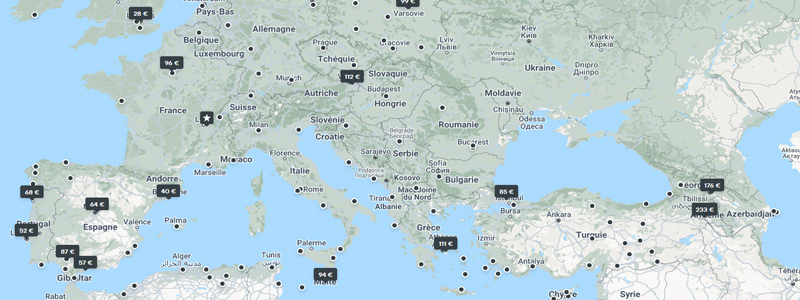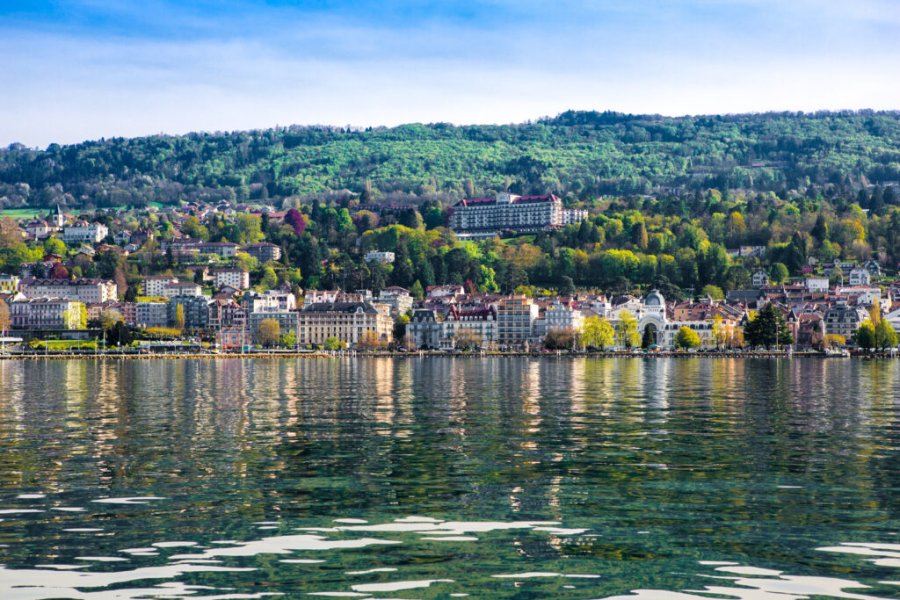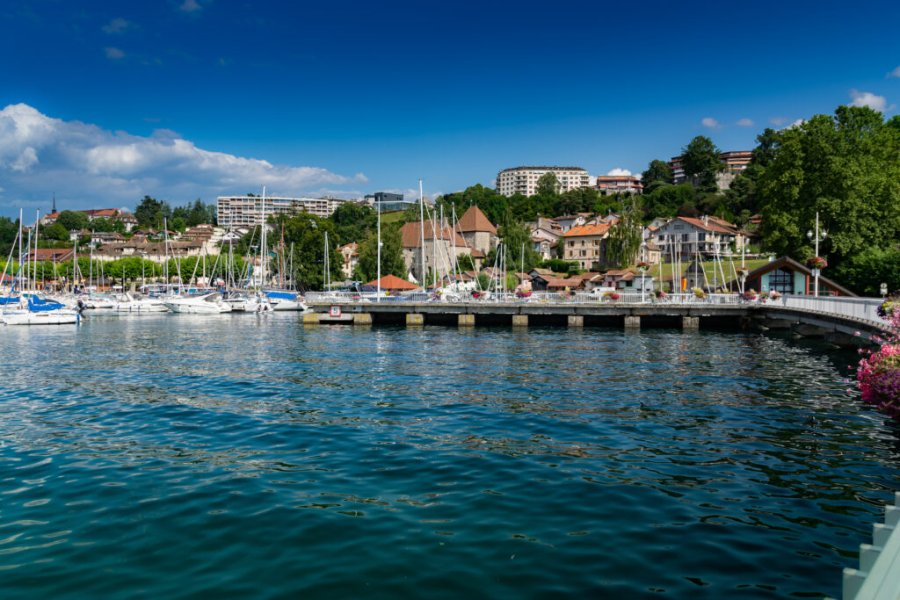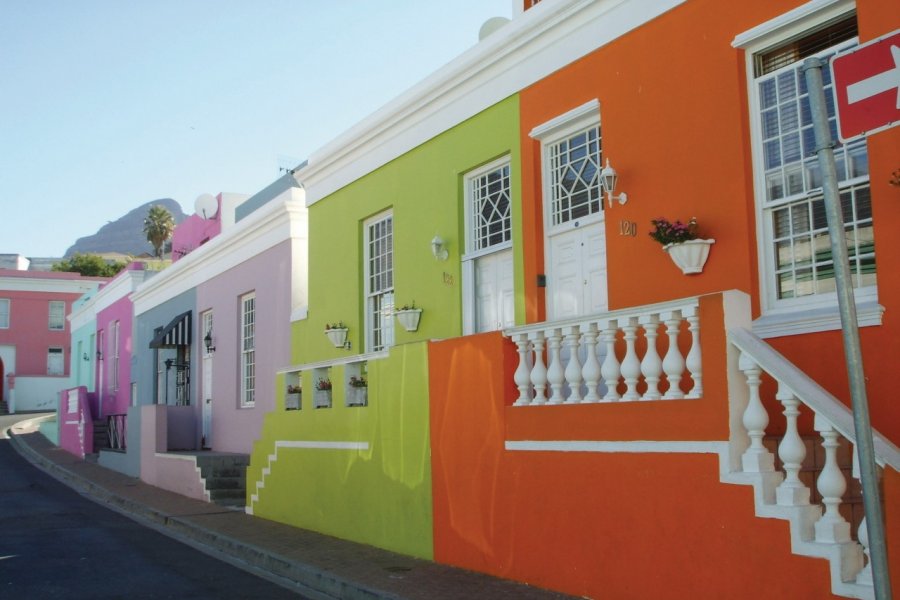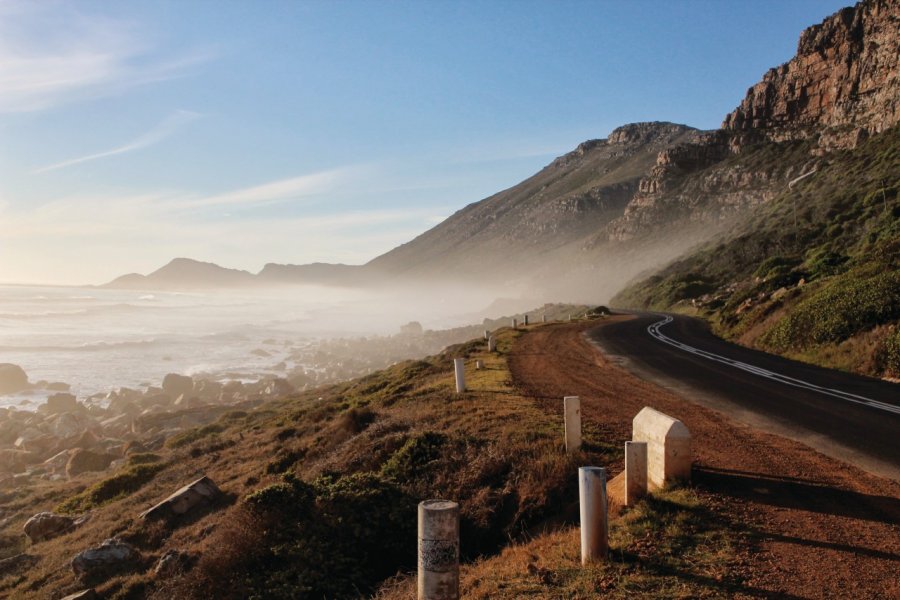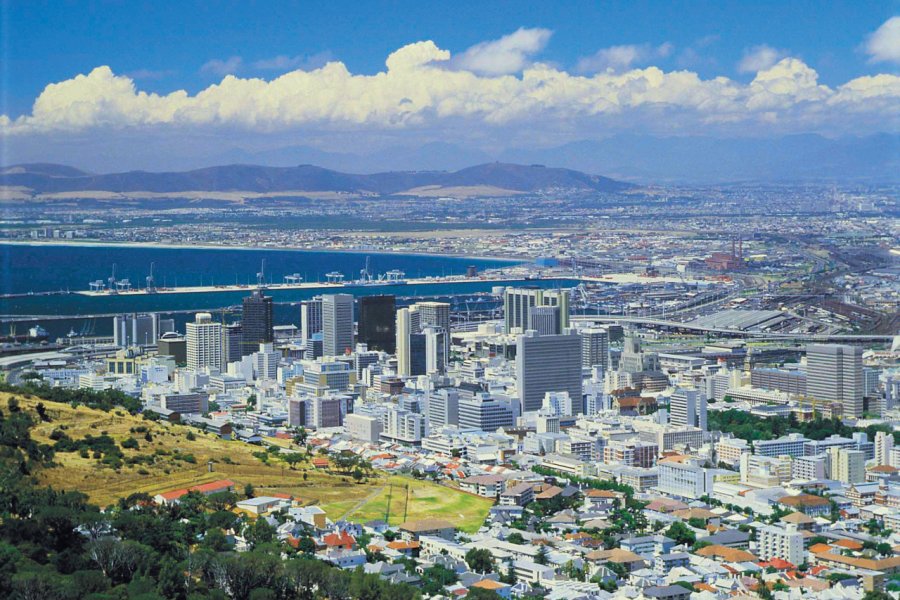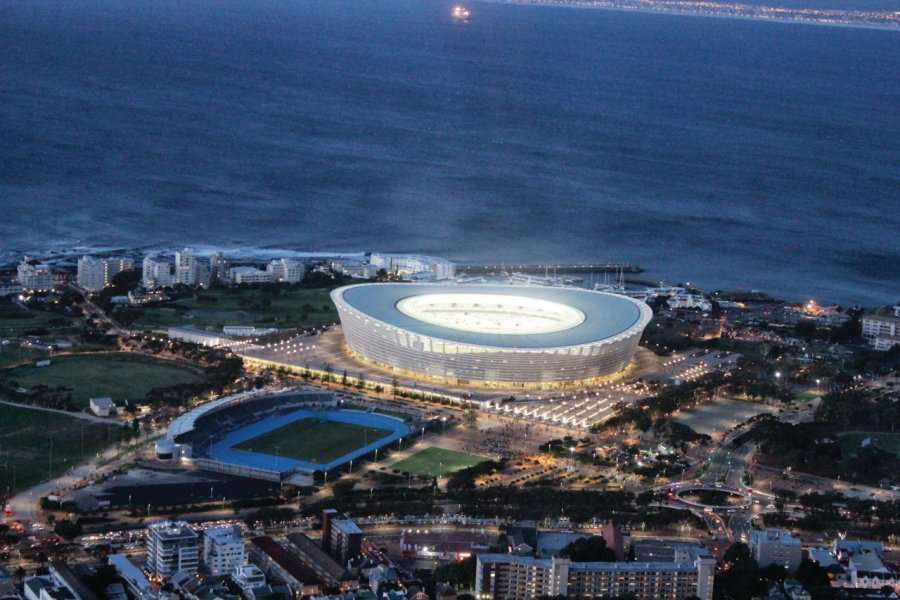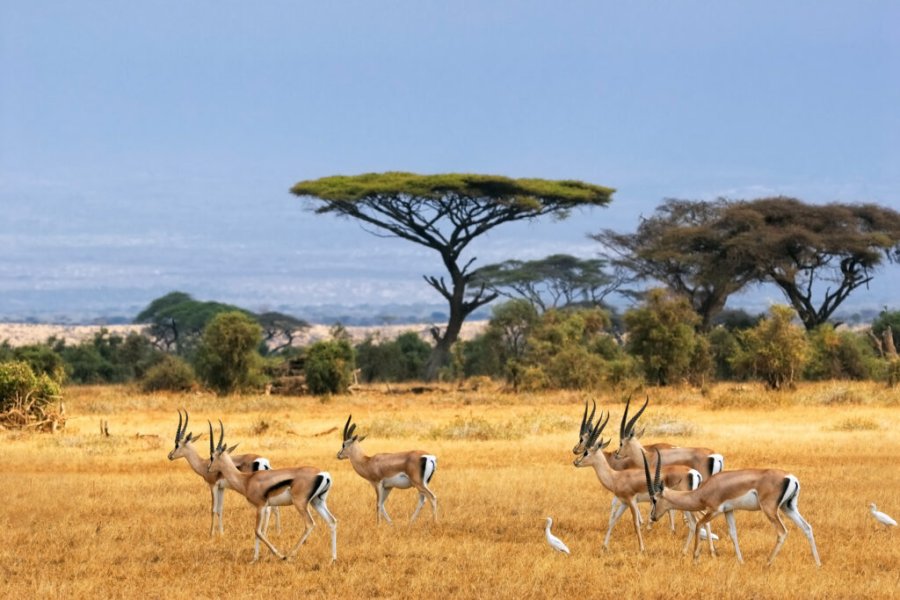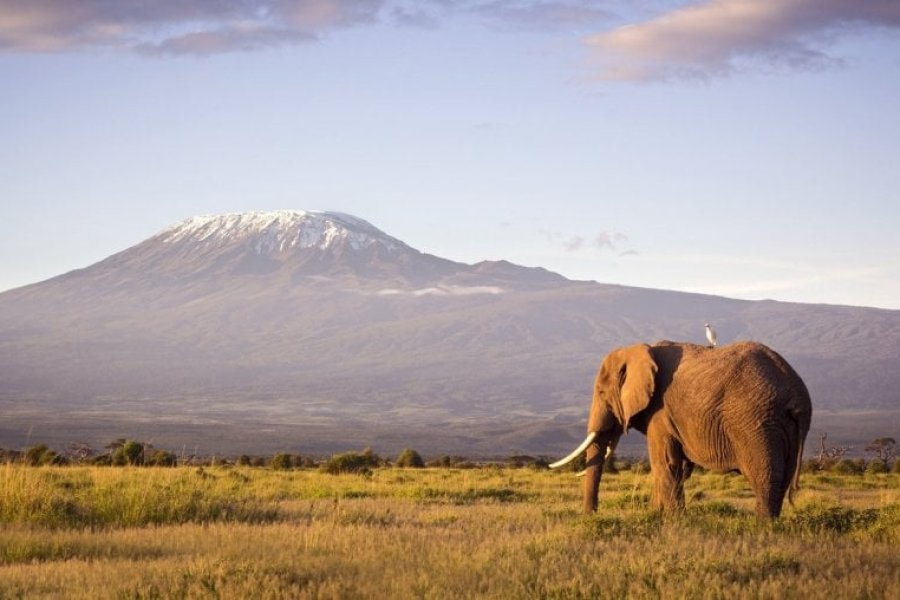Travel Guide Capetown
The end of the world. Cape Town evokes the Cape of Good Hope naturally, the southern tip of Africa where the oceans collide with force, digging the seaside reliefs in steep coasts with wild beauty. But Cape Town is also a hectic, titanic, sophisticated, cosmopolitan and mixed city, dominated by the bewitching Table Mountain, whose summit is constantly draped in clouds. The atmosphere is as varied as its neighborhoods: the industrial Woodstock with its old factories covered with graffiti and reinvested by artists, the historic Bo-Kaap, the modern Silo, the central and administrative CBD of course, the popular townships too, without forgetting the iconic Waterfront and Sea Point, ideal for strolling... The Cape Town tourist guide will also take you to the Gardens district, temple of the party, then to Camps Bay, its golden beaches lined with splendid villas where you can enjoy magnificent sunsets. In terms of architecture, we are dealing with a patchwork of flower gardens, Art Deco, colonial buildings with an old-fashioned charm and street art, which is present everywhere, while the gastronomy is declined around a thousand spicy flavors. A trip to Cape Town would not be complete without a visit to the world famous wine valley. Surfers will not be outdone either! Finally, the surroundings of the southern city of South Africa are home to a breathtaking natural profusion, and penguins, whales, sharks, dolphins, baboons, ostriches are never far away... A trip to Cape Town is sure to be followed by another one!
What to visit Capetown?
Suggested addresses Capetown
When to go to Capetown?
When to go to Cape Town? Hotels generally charge three different rates throughout the year depending on the season: low season, or LS (May1 to the end of September), high season, or HS (October1 to December 20), peak season (December 20 to January 10) and again high season (January 11 to April 30). On average, there is a 30% to 40% discount on off-season prices and a 10% increase during peak season. Ask about this when you make your reservation. When to go to Cape Town then? The best time to go to Cape Town is during the summer. To avoid spending too much money on accommodation, aim for November to mid-December and mid-January to late February.
Weather at the moment
The weather in Cape Town depends on the climate, which is Mediterranean in nature. Winters are mild and rainy, while summers are hot and dry. The sunshine is strong, the rains short but violent, the wind blows very strong in summer. It is therefore ideal from October to April. On the mercury side, the average temperatures in Cape Town range from 10°C in July to 30°C in January-February.
The currency of Cape Town, and of South Africa, is the rand. Life in Cape Town is not cheap for South Africans, but the prices of restaurants, cafés and bars are still very cheap for the French tourist. You can eat or drink for very little, but of course, if you are looking for a little more quality or refinement the prices will be a little higher. However, even for a gourmet restaurant in Cape Town, prices are quite lower than in France.
To get to Cape Town, you don't need a visa. A residence permit for a maximum of 90 days is issued free of charge to European, Canadian and Swiss nationals at the border on presentation of a valid passport at least six months after the date of the return ticket. It is also necessary to have a blank page in the "visas" area of the passport.
Travellers from areas at risk of yellow fever should be vaccinated. The international vaccination certificate will be required as proof upon arrival in Cape Town. The vaccine must be taken at least 10 days before entry into the country.
To enter Cape Town, no vaccinations are required except for yellow fever if you come from a sub-Saharan African country. The Cape region being temperate, all tropical diseases that are caught in the north of the country do not exist here, including malaria. The food being very fresh and the hygiene rigorous, the existing diseases are the same as at home. Concerning tap water, if it is drinkable, Cape Town is occasionally faced with pollution problems. Therefore, prefer bottled mineral water.
Practical information
- When to travel?
- Weather forecast
- Budget
- Formalities
- Health
- How to travel by yourself?
- How to get organized?
- Getting around
Media
How to go to Capetown? Our advice & tips
The most important offer concerning Cape Town concerns tours in South Africa that include stays in the city and visits. There are also a lot of seaside extensions (three, four, five or six days to add to a trip to the country) for this city where it is pleasant to stay. To organize your stay in the country's parliamentary capital, you can turn to tour operators specializing in tailor-made trips.
The average price of a flight from France to Cape Town is €600 in low season and €1,000 in high season. There are many regular airlines serving Cape Town and direct flights are becoming more and more frequent. Please note that the price variation depends on the airline used but, above all, on the reservation deadline and the season chosen. In order to get the best rates, it is essential to book well in advance. Remember to buy your tickets six months before departure!
To get around the city, you don't need a car, you can walk during the day and cabs are fine for longer trips and at night. Shared Rikki's, MyCiti public buses and good old combis are also very good and cheap options. The tourist bus is also convenient, as the ticket is valid all day and passes most of the city's sites of interest.

